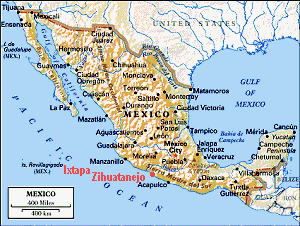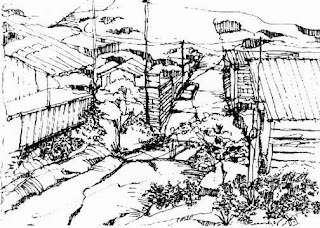Upgrading La Esperanza - Part 4 of 4

Note: The following is a shortened version of the graduate report prepared for the Minimum Cost Housing Group (MCHG) of McGill University, Montreal. This report was written by myself, along with Cesar Gonzales, Tong Gan, Yue Li, Annalyn Maribbay and Alejandro Lopez. Proposals for Physical Aspects Community Level Community Self-Help Centre: The proposed Community Centre would be located on the current plot along street 21 and street 7. This vacant plot has large trees, which shall remain, and also an existing open shed. This is where the school was formerly located. The area being accessible from the main entrance to the community by primary streets makes it an ideal place for important social gatherings. Several community activities would be encouraged to be held there: Education and Training: A self-help centre was located within this area, catering for the residents' needs and helping define the upgrading process. This is where education and training on th

